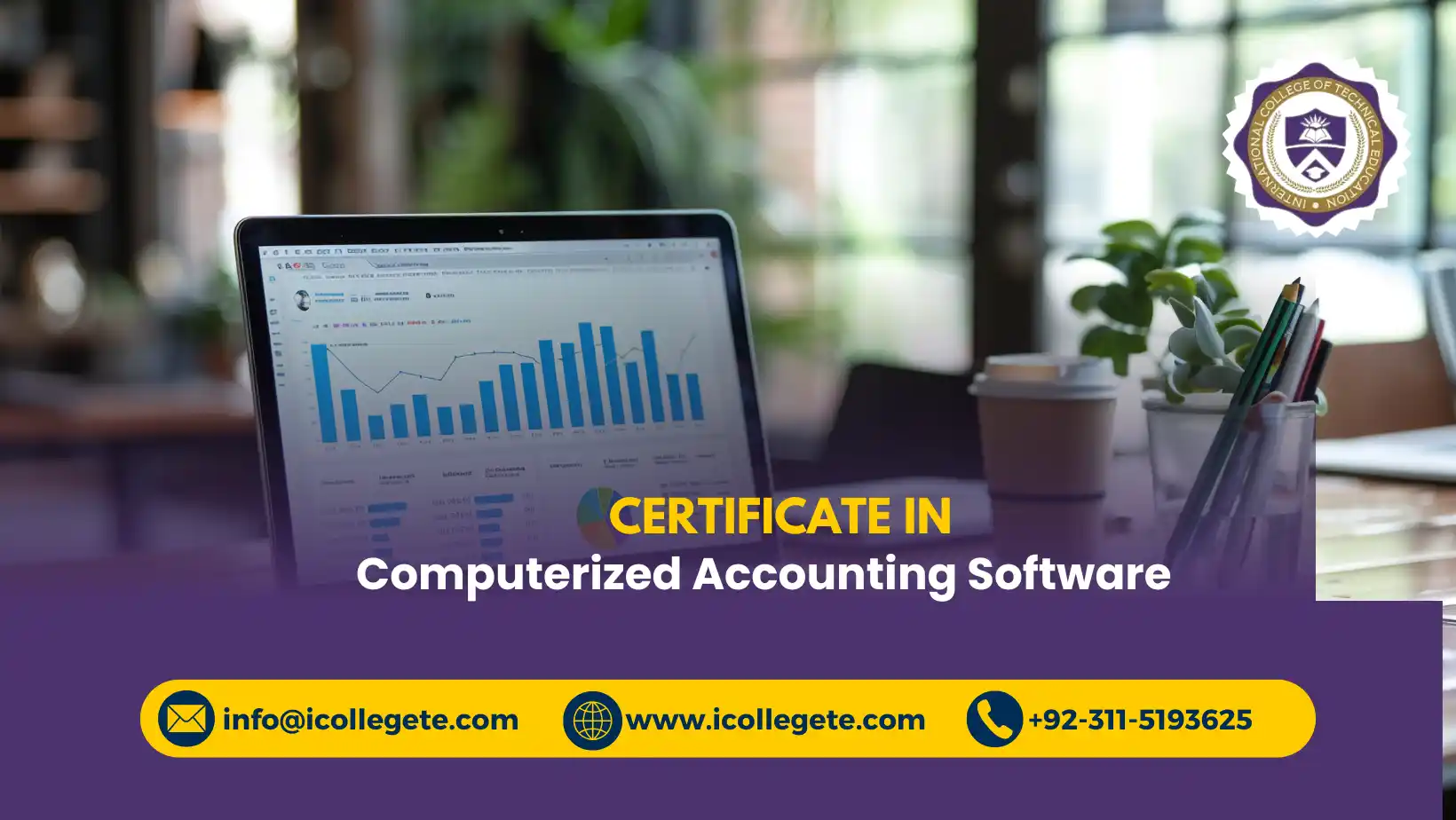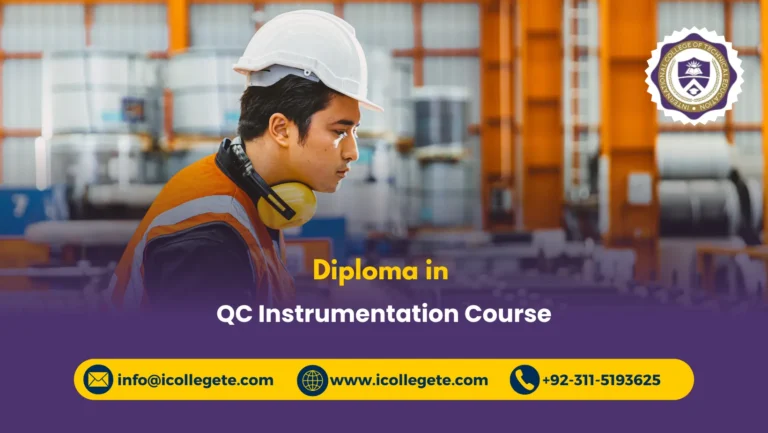In today’s fast-paced business environment, manual accounting is increasingly being replaced by efficient computerized accounting systems. Mastery of accounting software is essential for professionals aiming to improve accuracy, save time, and manage financial records effectively. To meet this demand, training institutes in Islamabad offer specialized Computerized Accounting Software Courses designed to equip learners with the necessary skills to use popular accounting software confidently and professionally.
The Computerized Accounting Software Course in Islamabad is designed to train individuals in using modern accounting software tools that simplify financial management, bookkeeping, and reporting. This course covers key accounting functions such as ledger management, invoicing, payroll, taxation, and financial statements through hands-on software practice. The course is ideal for beginners as well as professionals looking to upgrade their skills with the latest computerized accounting techniques.
This course provides a comprehensive overview of computerized accounting processes using widely-used accounting software such as QuickBooks, Tally, or Sage (software may vary by institute). Participants learn how to enter financial data accurately, generate reports, and maintain books of accounts electronically. The training combines theoretical knowledge with practical exercises, enabling students to handle real-life accounting scenarios.
Course Highlights:
- Duration: 4 to 8 weeks
- Mode: Classroom-based and online learning options available
- Certification: Certificate of completion awarded
- Prerequisites: Basic computer skills recommended
Study Units
- Introduction to Computerized Accounting
- Fundamentals of accounting and bookkeeping
- Benefits of computerized accounting systems
- Getting Started with Accounting Software
- Software installation and setup
- Navigating the interface and key features
- Data Entry and Ledger Management
- Creating and managing accounts
- Recording sales, purchases, receipts, and payments
- Invoicing and Billing
- Generating invoices and managing customer accounts
- Handling purchase orders and vendor payments
- Payroll and Taxation
- Processing employee payroll
- Managing taxes and statutory deductions
- Financial Reporting
- Preparing profit and loss statements, balance sheets, and cash flow reports
- Customizing reports for business needs
- Practical Exercises and Case Studies
- Real-world accounting scenarios
- Troubleshooting common software issues
Learning Outcomes
Upon completion of the course, participants will be able to:
- Use computerized accounting software effectively for daily business transactions
- Maintain accurate financial records with minimal errors
- Generate financial reports for analysis and decision-making
- Manage payroll, taxation, and statutory compliance through software tools
- Increase efficiency in accounting operations and reduce manual paperwork
- Adapt to various accounting software platforms confidently
Course Benefits
- Practical Skill Development: Hands-on training with leading accounting software
- Career Advancement: Certification that enhances job prospects in finance and accounting
- Flexible Learning: Options available for working professionals and students
- Industry-Relevant Content: Curriculum aligned with current business accounting practices
- Time and Cost Efficiency: Learn to automate routine accounting tasks
Who is This Course For?
This course is ideal for:
- Accounting students and recent graduates
- Small business owners and entrepreneurs
- Accountants and bookkeepers seeking to upgrade their skills
- Finance professionals aiming to improve efficiency
- Anyone interested in learning computerized accounting software
Future Progression
After completing the Computerized Accounting Software Course, participants can:
- Work as Accounting Assistants, Bookkeepers, or Accounts Executives
- Manage accounting functions in small to medium-sized businesses
- Pursue advanced courses in finance, taxation, or auditing
- Gain certifications in specific software such as QuickBooks Certified User
- Explore freelancing opportunities or start accounting consultancy services
The transition to computerized accounting systems is reshaping the finance industry by offering faster, more accurate, and more transparent financial management. The Computerized Accounting Software Course in Islamabad provides the essential skills to leverage these technologies effectively. Whether you are starting your career in accounting or seeking to enhance your professional abilities, this course offers a valuable step toward mastering digital accounting tools and boosting your employability.






